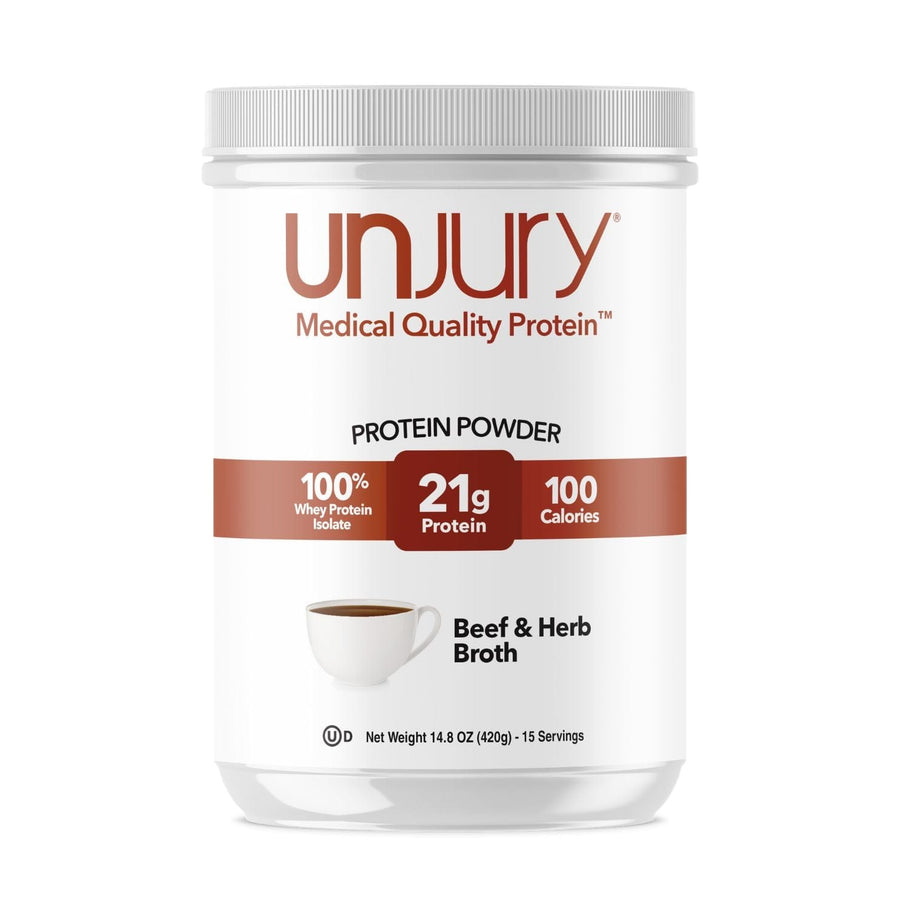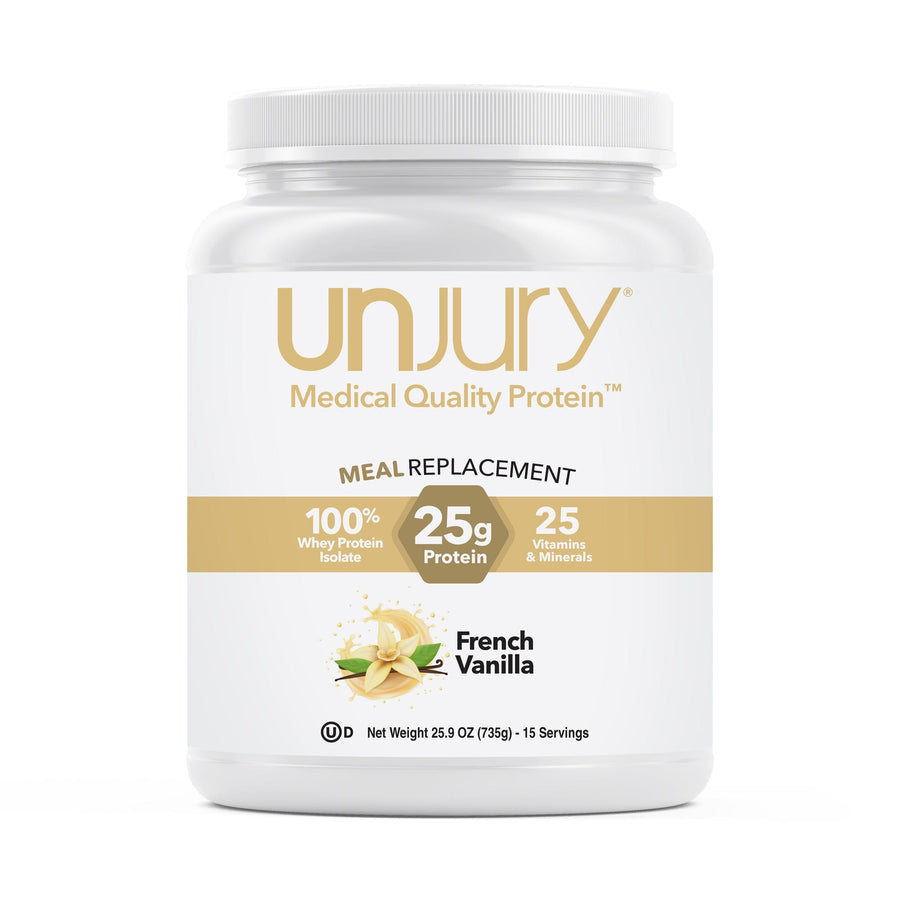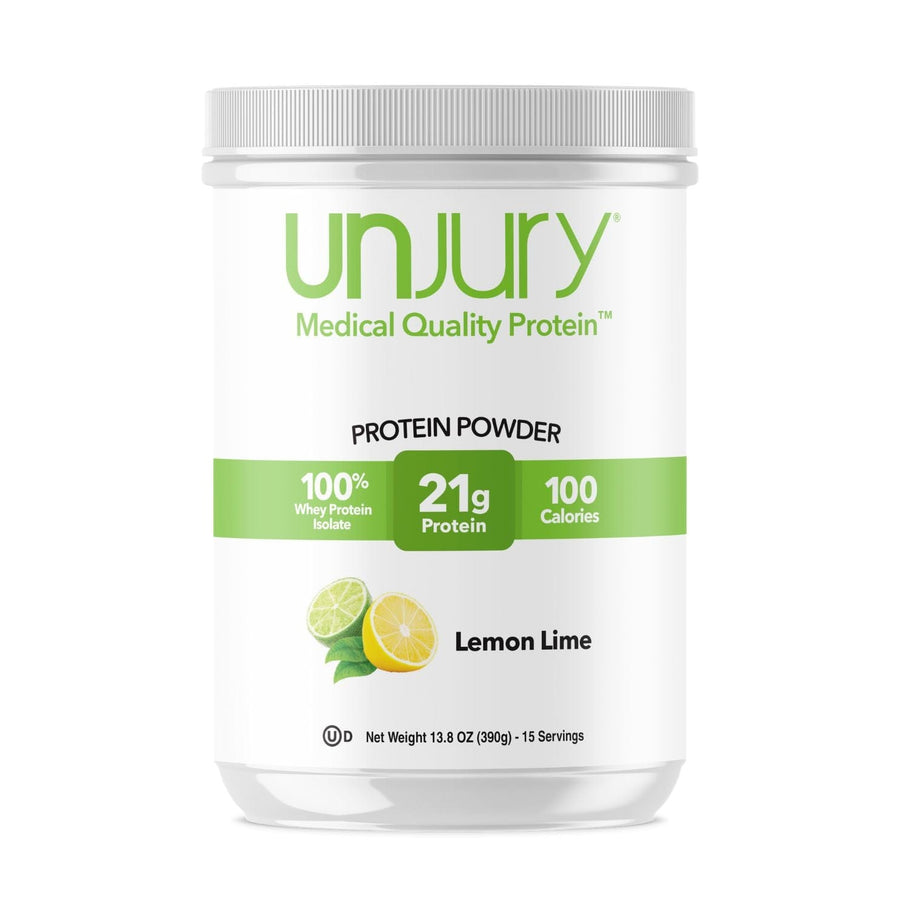What Happens If I Don’t Get Enough Protein?
If you're following a weight loss plan, recovering from bariatric surgery, or simply trying to stay healthy, getting enough protein is essential. But many people unknowingly fall short. So, what actually happens when your protein intake is too low?
We break down the importance of protein, symptoms of protein deficiency, and how to use the 30-30-30 rule to meet your daily protein goals.
Why Protein Is So Important
Protein is a key building block for nearly every system in your body. It supports:
- Muscle maintenance and growth
- Immune system function
- Wound healing and recovery
- Hormone and enzyme production
- Satiety and weight control
When you’re not eating enough protein, especially after bariatric surgery or during a calorie-restricted diet, your body may start breaking down muscle for energy, which can slow your metabolism and stall progress.
Signs of Low Protein
Wondering if you're not eating enough protein? Common protein deficiency symptoms include:
- Constant fatigue or weakness
- Muscle loss or reduced strength
- Hair thinning, brittle nails, or dry skin
- Slow recovery from illness, injury, or surgery
- Feeling hungry shortly after meals
These signs can develop gradually, so it’s important to track your intake and be aware of how your body responds.
Introducing the 30-30-30 Rule
To help you stay on track, research recommends the 30-30-30 rule:1
Eat 30 grams of protein, three times per day—at breakfast, lunch, and dinner.
This high-protein eating pattern helps:
- Maintain lean muscle mass
- Promote steady energy levels
- Keep you full and satisfied
- Support healthy weight loss or weight maintenance
Spreading protein evenly throughout the day is more effective than consuming most of it at dinner. Plus, it supports better protein absorption and muscle repair, especially important after weight loss surgery.
How to Get 30 Grams of Protein Per Meal
Reaching your daily protein goals doesn’t have to be hard. Here are some easy ideas to hit 30 grams at each meal:
Breakfast:
- Unjury Protein Meal Replacement shake with skim milk
- 3 eggs (or 3-4 egg whites) + low-fat cheese + turkey sausage
Lunch:
- Grilled chicken salad with Greek yogurt dressing
- Turkey lettuce wraps with cottage cheese on the side
Dinner:
- Baked salmon with quinoa and veggies
- Stir-fry with tofu, edamame, and high-protein noodles
For added convenience, you can also incorporate high-protein snacks or supplements like whey protein powders, bars, or fortified soups.
Takeaway: Don’t Skip the Protein
If you’re not getting enough protein, your body will feel the impact—especially when trying to lose weight or recover from bariatric surgery. Low protein intake can slow progress, reduce muscle mass, and affect your overall health.
Use the 30-30-30 rule—30 grams of protein, three times a day—to meet your goals and stay strong, energized, and on track.
Reference
1. De Leon A et al. Curr Dev Nutr. 2022;6(Suppl 1):359.













